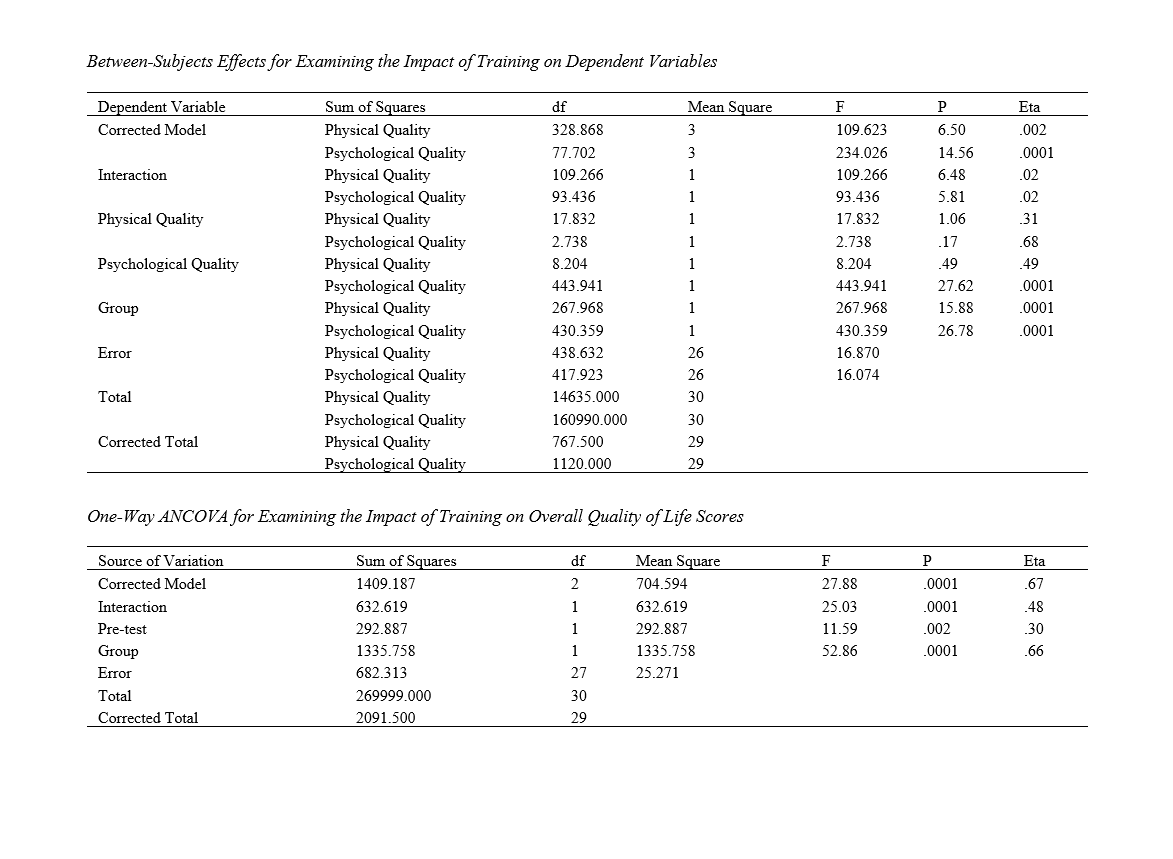The Effectiveness of Cognitive-Behavioral Therapy on Improving the Quality of Life of Adolescents Engaging in Non-Suicidal Self-Injury
Keywords:
Cognitive-Behavioral Therapy, Quality of Life, Self-InjuryAbstract
Objective: The aim of the present study was to investigate the effectiveness of Cognitive-Behavioral Therapy (CBT) on improving the quality of life in adolescents engaging in non-suicidal self-injury (NSSI).
Methods and Materials: The research method was quasi-experimental with a pre-test and post-test control group design. The statistical population of the present study included 16 to 18-year-old high school students (both boys and girls) in Sari. From this population, 100 individuals were selected through convenience sampling, and among them, 28 individuals who obtained the highest scores on the Non-Suicidal Self-Injury Questionnaire (NSSI) were selected based on inclusion criteria and were randomly assigned to an experimental group and a control group (each group consisting of 14 individuals). The experimental group received group CBT over 12 sessions of 90 minutes each, while the control group received no intervention until the post-test phase. The tools used in this study included the Non-Suicidal Self-Injury Questionnaire (Klonsky & Glenn, 2011) and the Quality of Life Questionnaire (Ware & Sherbourne, 1992). The data obtained in the pre-test and post-test phases were analyzed using covariance analysis with SPSS-22 software.
Findings: The results showed that CBT led to an increase in the quality of life of adolescents.
Conclusion: The findings provide evidence that CBT is a suitable method for increasing the quality of life in adolescents engaging in non-suicidal self-injury and can lead to the enhancement of their mental health.
Downloads

Downloads
Additional Files
Published
Submitted
Revised
Accepted
Issue
Section
License
Copyright (c) 2024 Zahra Vafaeinejad (Corresponding Author); Nima Mirzaian, Zahra Zamanpour , Ariana Shabannejad , Aylin Abbasian (Author)

This work is licensed under a Creative Commons Attribution-NonCommercial 4.0 International License.








